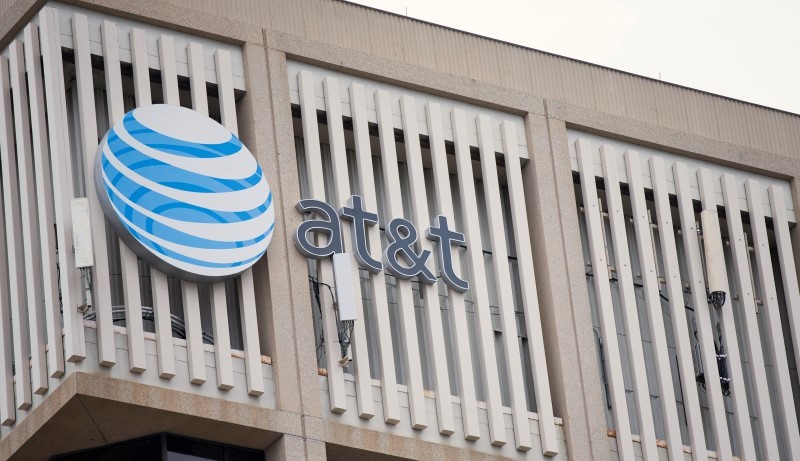 Time Warner Cable customers who continue to lease a modem from the cable company instead of buying their own will soon pay Time Warner $120 a year for a modem that likely cost the company no more than $50.
Time Warner Cable customers who continue to lease a modem from the cable company instead of buying their own will soon pay Time Warner $120 a year for a modem that likely cost the company no more than $50.
Time Warner Cable customers have been sending Stop the Cap! copies of rate increase notifications that show some steep rate increases that will eventually reach every customer in early 2016:
- Time Warner Cable & Earthlink modem rental fee was $8 a month, now it will be $10;
- The “Sports Programming Surcharge,” paid by every Time Warner cable TV customer, is almost doubling from $2.75 to $5 a month;
- The “Broadcast TV Surcharge,” paid by every Time Warner cable TV customer, is going up by a dollar in many areas. This fee can vary but averages between $3.50-4.00 in most areas;
- Each traditional set-top (not DVR-equipped) box increases from $6.98 per box to $8.50 per box;
- Digital Adapters, used mostly on older analog-only sets (that Time Warner originally said would cost customers 99¢ per month) will now cost $3.25 a month, more than three times what the company charged just two years ago;
- Internet-Only customers will now pay $59.99 a month for Standard (15/1Mbps) Internet service (except in Maxx areas where the speed is 50/5Mbps);
- “Starter TV,” which includes mostly over the air stations, jumps from $14.99 to $18 a month in some areas, over $22 in others;
- “Standard TV,” the more common basic cable package is up $2, for most customers ranging from $80 to $84.99 a month;
- “Variety Pass,” is up $3 from $7 to $10 a month. TWC Sports Pass and Movie Pass are also both increasing to $10 each;
- Cinemax and Starz are both jumping from $12.95 a month to $14.99 each, but in some locations that price will rise to $15.99 and also include Showtime and The Movie Channel.

A typical rate hike notice in your monthly bill from Time Warner Cable. Exact prices vary by service area.
 Other than the modem rental fee, the biggest money-maker for Time Warner Cable is their rapidly growing surcharges for sports and over the air stations. Originally added in the summer of 2014, both fees used to amount to $2.25 a month in many locations. Less than two years later, those surcharges will soon approach $10 a month.
Other than the modem rental fee, the biggest money-maker for Time Warner Cable is their rapidly growing surcharges for sports and over the air stations. Originally added in the summer of 2014, both fees used to amount to $2.25 a month in many locations. Less than two years later, those surcharges will soon approach $10 a month.
Stop the Cap! recommends now, more than ever, customers take control over their Time Warner Cable bill. You can save substantially with just a little effort and less than an hour of your time.
- Buy your cable modem and save $10 a month: Stop the Cap! highly recommends the Arris (formerly Motorola) SB-6141, now available for under $70 on Amazon.com. It does not include built-in Wi-Fi, however. You can also occasionally find this model on sale for similar amounts at Best Buy, Walmart, and Newegg, especially during the holidays. Refurbished models for $10-20 less are also regularly available from eBay. These modems will do fine at speeds up to 100Mbps. If you are in a Time Warner Cable Maxx service area (speeds up to 300Mbps), you will need a different model only if you subscribe to speeds in excess of 100Mbps;
- Get rid of the Digital Adapter and attach a Roku set-top instead ($40-125 depending on model). Roku 3, All Roku 2 Models, Roku LT, Roku HD (2500X) and the Roku Streaming Stick are officially supported. Earlier models are not. Most of the TWC cable lineup is available on Roku, without the need to lease a box.
- If you are Internet-only customer and not bouncing back and forth between Time Warner Cable and Earthlink on new customer promotions, you are probably overpaying by up to $25 a month. Time Warner sells Standard service on a one year promotion for $34.99 a month. When it expires, switch to Earthlink over Time Warner Cable at a similar price for six months… then switch back to TWC.
- Check out our extensive guide on negotiating a better deal from Time Warner, especially if you are no longer paying a promotional rate.


 Subscribe
Subscribe After years of enduring substandard broadband and a law virtually banning community broadband in the state, the 1,300 residents of Pinetops, N.C. are celebrating the forthcoming arrival of public gigabit-capable fiber to the home service from the nearby city of Wilson.
After years of enduring substandard broadband and a law virtually banning community broadband in the state, the 1,300 residents of Pinetops, N.C. are celebrating the forthcoming arrival of public gigabit-capable fiber to the home service from the nearby city of Wilson. In February 2015, FCC chairman Thomas Wheeler announced HB129 was
In February 2015, FCC chairman Thomas Wheeler announced HB129 was  “Because the North Carolina law uses similar language to that found in the ALEC model legislation, it would seem to follow that any other state that has relied heavily on the ALEC model has also effectively banned municipal broadband investments,” Baller wrote in an email to the group.
“Because the North Carolina law uses similar language to that found in the ALEC model legislation, it would seem to follow that any other state that has relied heavily on the ALEC model has also effectively banned municipal broadband investments,” Baller wrote in an email to the group. Gregory Bethea, Pinetops’ former town manager,
Gregory Bethea, Pinetops’ former town manager, 


 In the darkness of night, Congress on Tuesday handed some of America’s largest telecom companies
In the darkness of night, Congress on Tuesday handed some of America’s largest telecom companies 